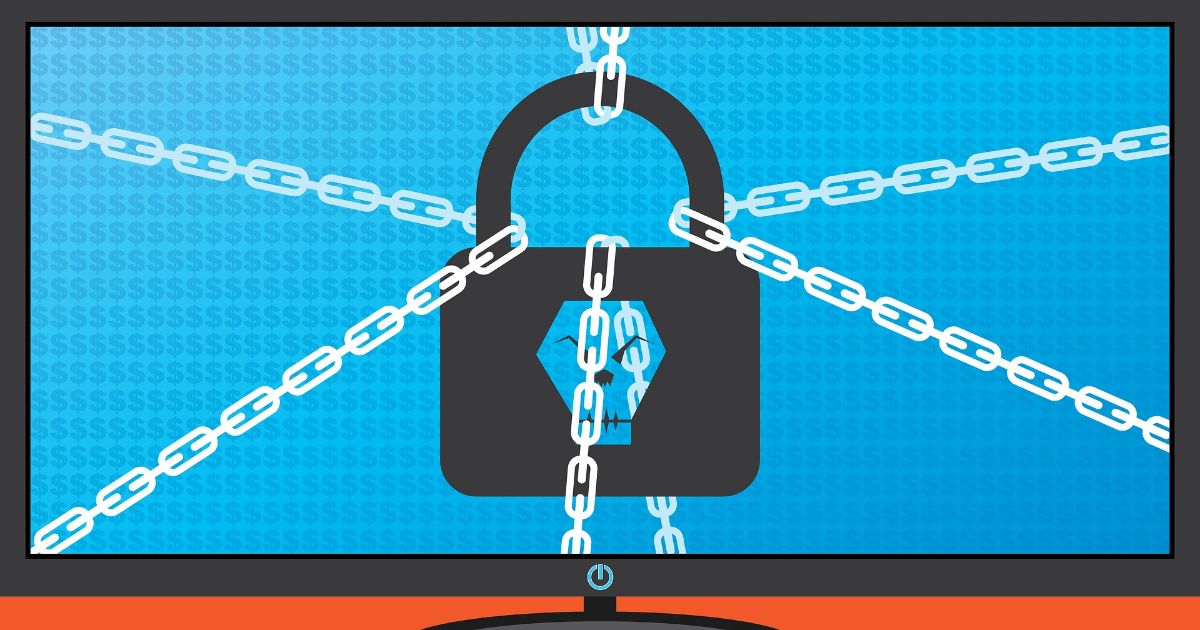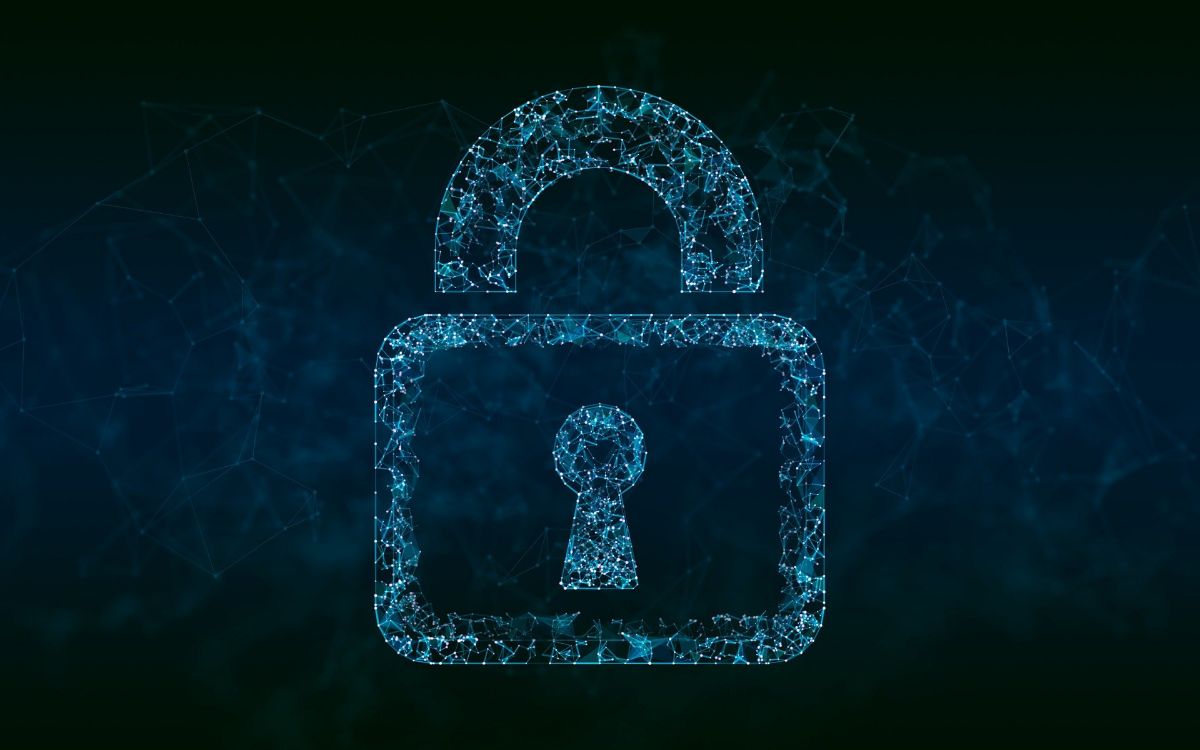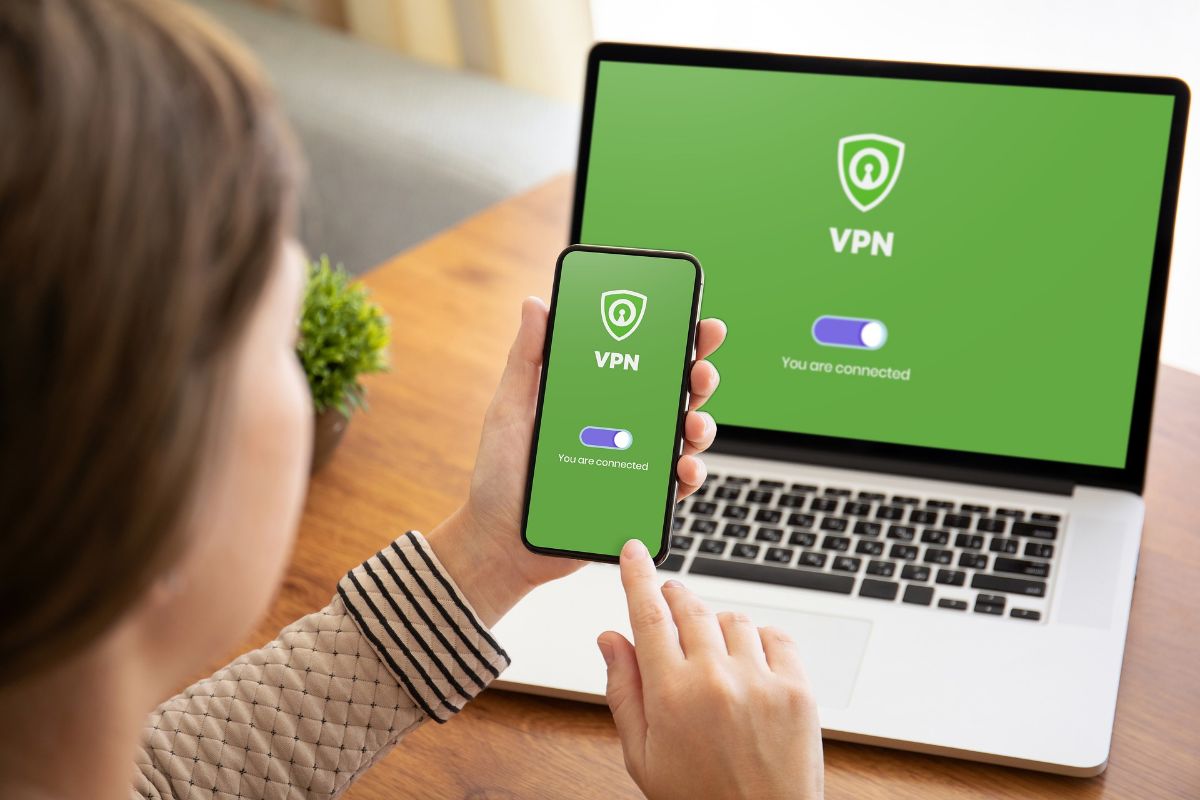
E-commerce websites They have to take all the necessary security measures to guarantee the protection of their clients' personal and financial information.
In this sense, next we want you share some of the best security tips for Ecommerce websites.
Choosing a secure ecommerce platform
Preferably use a e-commerce platform where the admin panel is inaccessible to attackers and only available on the company's internal network and completely removed from public-side servers.
Use secure connections for online purchases
It is recommended to use security protocols such as Secure Sockets Layer (SSL) for web authentication and data protection. This protects both the company and customers and prevents outsiders from obtaining financial or important information. Better yet, integrate EV SSL (Extended Validation Secure Sockets Layer), so that customers know that it is a secure website.
Do not store sensitive data
No need to store thousands of customer records, particularly credit card numbers, expiration dates or CW2 (Card Verification Value) codes. It is recommended to delete old records from the database and keep a minimum amount of information, sufficient for user charges and refunds.
Use an address verification system
Use a Address Verification System (AVS) and Card Value Verification (CVV) for credit card transactions, thereby reducing fraudulent charges.
Require strong passwords
While it is the responsibility of the retailer keep customer information protectedIt is also a good idea to require them to use stronger passwords. Longer usernames and more complex login passwords make the task more difficult for cyber criminals.
Key points that ensure the security of your eCommerce

Taking into account the rise of eCommerce or online stores, and that more and more people are starting to buy online, it is clear that you need your store to be as secure as possible. And, the hackers are there, and although you may think that your business is not important enough for them to try to get the data you store, you do have to give security to that sensitive data. They are private data of the clients and, if there are leaks, you can lose their trust (making them not want to buy from you for fear that their data will be shared on the Internet (or on the dark web).
Therefore, in addition to all the above, we advise you to pay close attention to:
The PCI standard
In case you don't know, the PCI DSS standard, also known as Payment Card Industry - Data Security Standards It is "mandatory" to be fulfilled by eCommerce. This is based on creating a regulation for the organizations that will process, store and transmit cardholder data.
In other words, it helps to encrypt that data so that it cannot be read or so that it can be "stolen." And yes, you have to comply with the regulations because if you do not do it and they find out, they can issue you and put a fine that will be quite high.
Use additional security
Protocols that help add verification steps. Yes, they can be boring and cause customers to take more steps; but in return you will give them all the security they need to buy in your store. Of course, for them to know that it is necessary that you inform them, since, otherwise, they will not know and they may distrust or leave the purchase halfway because they get tired of the steps.
One that We can recommend 3-D Secure, a protocol for Visa and MasterCard cards that helps add a verification step, so there are no fraudulent payments without that person actually knowing about it. It is like a PIN that is sent to the cardholder and that they must enter in order to complete the order (if they do not, the order is canceled and it is as if they never did).
Migrate your site to HTTPS
A few years ago, HTTPS was only used for the payment portion of a website. Now, this, along with SSL certificates is not limited to just that page of the web, but to all of it. The objective is to protect the entire web against possible attacks.
So now you can migrate your site to HTTPS with your SSL certificate to give greater security. If you do not know how to do it, you can ask your hosting as many offer this service.

Set an alarm
An alarm in an eCommerce? Really? Well yes, we have not been wrong. Obviously, it is not going to be like in a physical store; but alarms also exist for online stores. What it does is report suspicious activity, for example, a transaction with the same IP multiple times, or different orders made for the same person but with different credit cards.
If that happens, they send you an email advising you and you can contact the person to verify what is happening and if it is something that they have consciously done or there is an error.
Constant updates
Normally, online stores are based on a system, either Prestashop, WordPress ... Well, these systems are updated every so often because they are modifying files to always be with high security.
Therefore, it is convenient that update every so often so that the system does not get out of date (Since if there are updates, it may be due to some violations that must be solved, and if you do not do so, you run the risk that they will try to steal your eCommerce information).
Keep a continuous watch
It is important that, just as in a physical store you are alert to everything to anticipate security problems, you also do it in your online store. To do this, we recommend that you do scans every day, and even a couple of them in strong times, such as Christmas, Valentine's Day, mother's and father's day, holidays, etc.
You must also check your antivirus system, as well as other security tools that you have implemented.
In other words, you have to make sure that everything works correctly and that there are no problems.
Keep in mind that your eCommerce is your responsibility and the data that customers leave in it also becomes your responsibility to protect them, hence, if you fail, you will be damaging your image in the eyes of users.
How to know if your eCommerce has suffered a security breach

Although it is not what we would like, and no one who has an eCommerce would want to find themselves in this situation, you should be prepared in case, ever, you discover that you have had a security breach. what to do in that case? Does it have to be communicated somewhere? What you have to do?
Relax, we will give you the steps below.
When your eCommerce suffers a security breach, what happens is that your customers' data may be compromised, that is, someone may have taken them. Before, you just had to write it down in the Incident Log and fix it. But now, with the Data Protection Regulation, you have to:
- Notify the Data Protection Agency.
- Send an email to those interested (your clients) advising of what has happened). We know that it is not going to be a good thing, but it is better not to try to hide this but to make it known as soon as possible so that users can offer themselves to possible attacks.
- Resolve the gap as soon as possible. The authorities will be in charge of tracking down the criminals and the data that may have been stolen from you, but you have to solve that security problem as soon as possible. If you do not have the appropriate knowledge, we recommend that you trust experts or companies that do allow you to have a "fireproof" eCommerce. And, even if you don't believe it, this is important to ensure your reputation on the Internet because, if you don't, do you think current customers are going to trust you? And future ones?